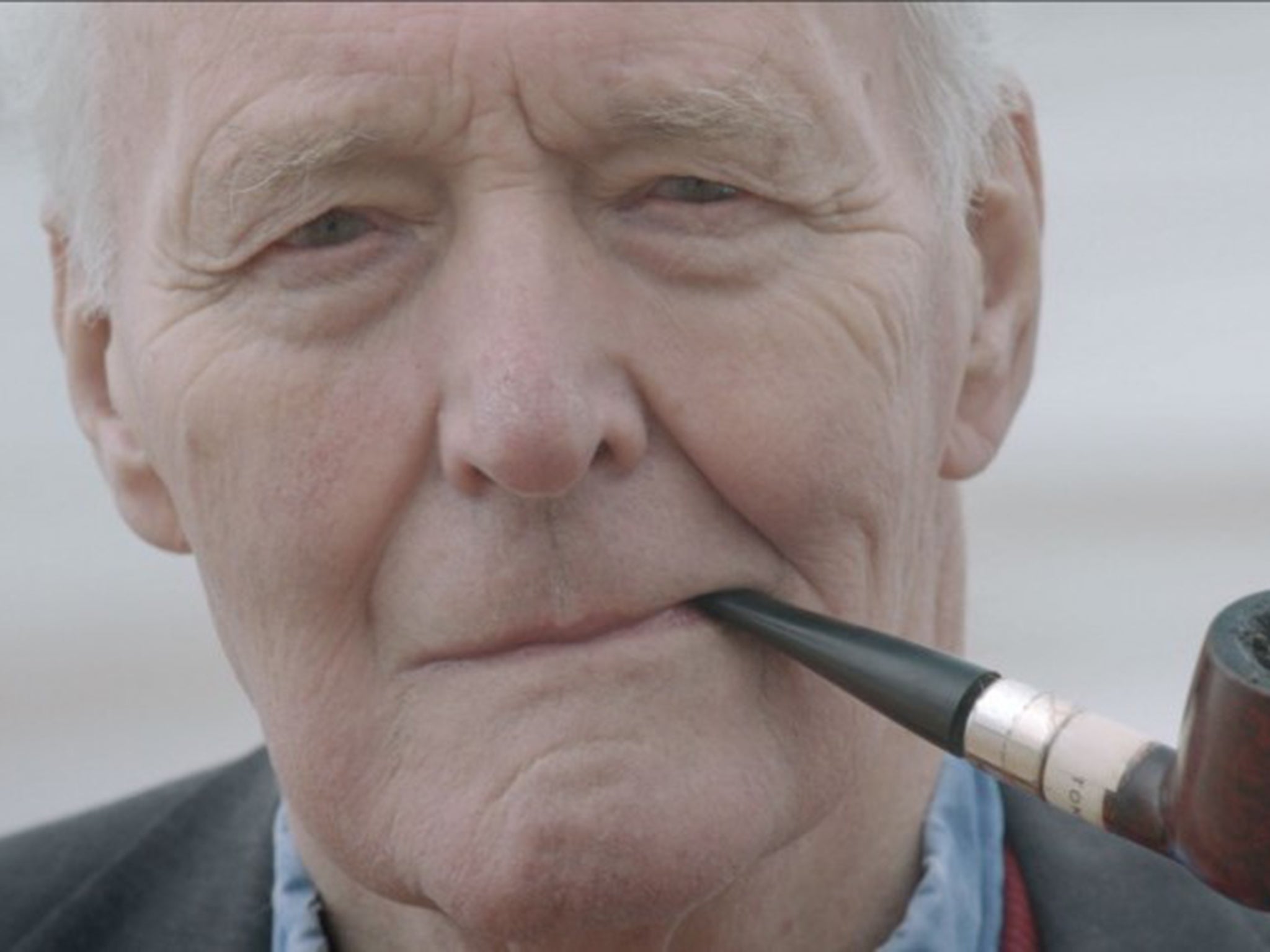Labour stalwart Tony Benn was convinced his phone was tapped, newly-unearthed recordings reveal
'Whether put here by the CIA, by MI5 or by the Post Office or KGB I do not know,' Labour stalwart said

Your support helps us to tell the story
From reproductive rights to climate change to Big Tech, The Independent is on the ground when the story is developing. Whether it's investigating the financials of Elon Musk's pro-Trump PAC or producing our latest documentary, 'The A Word', which shines a light on the American women fighting for reproductive rights, we know how important it is to parse out the facts from the messaging.
At such a critical moment in US history, we need reporters on the ground. Your donation allows us to keep sending journalists to speak to both sides of the story.
The Independent is trusted by Americans across the entire political spectrum. And unlike many other quality news outlets, we choose not to lock Americans out of our reporting and analysis with paywalls. We believe quality journalism should be available to everyone, paid for by those who can afford it.
Your support makes all the difference.Labour stalwart Tony Benn was convinced his telephone was being tapped during the Wilson government years, newly-unearthed recordings reveal.
The late former cabinet minister speculated that the KGB, MI5 or the CIA could have been behind the interception in an audio diary in 1975, when he was industry secretary.
In the self-recorded entry, he recalled how his son Joshua was able to hear through the radio him playing down the phone a recording of a speech he was due to give – leading him to believe there was a transmitter bug in his room.
“As I was sitting listening myself, Carol came down and beckoned me away and so I went upstairs and discovered that Joshua was picking up my telephone call to Frances on his radio,” Mr Benn said. ”So obviously there is a transmitter bug in my room – whether put here by the CIA, by MI5 or by the Post Office or KGB I do not know – but it was absolute confirmation because Joshua picked it up on his portable radio that wasn’t plugged in at all to the electrical system.
“It is a very interesting confirmation of what I have long suspected – that my phone is tapped.”
The recording is contained among hundreds of thousands of files in his archives which have been accepted in lieu of inheritance tax and permanently allocated to the British Library. The acceptance settled £210,000 of tax.
Covering five decades of his political life, the documents include his speeches to the House of Commons, public meetings and broadcast interviews, as well as his diaries and notes. It is estimated that around 90 per cent of his diaries have not yet been published.
The extensive archive was collected from his former home, Stansgate, in Essex, where he catalogued and stored it in four sheds.
Recordings of every public utterance he made from 1974 to 2004 – on around 4,000 cassettes – are also contained in the archive, alongside policy papers and correspondence from members of the public.
Personal papers, categorised as the “101 files”, include early correspondence between Mr Benn and his wife Caroline, as well as letters from former prime ministers Clement Attlee and Harold Wilson.
He also kept 33 boxes of letters classed as “funny, obscene, threatening and abusive” from his career.
Some of his famous pipes, as well as the scissors he used to cut the ribbon for Concorde, form part of the collection.
Mr Benn was born in 1925 as Anthony Wedgwood Benn into a political dynasty which included two grandfathers who sat in the Commons and a father who was first a Liberal and then a Labour MP. He died in 2014 aged 88.
His decision to give up the title Viscount Stansgate, which he inherited on his father’s death in 1960, led to the Peerage Act of 1963, allowing the renunciation of hereditary titles.
He was seen as a modernising technocrat when he entered government, but was an unusual example of a politician who became more left-wing as he grew older, crediting the change to his experience in government of seeing progressive reforms blocked by the establishment.
Rachel Foss, head of contemporary archives and manuscripts at the British Library, said the archive was an “extraordinarily wide-ranging and rich resource for historians and researchers and is a great gift to the nation”.
She added: “The Benn Archive will be hugely valuable for current and future generations of researchers into post-war British politics and society, into the Labour Party and the labour movement, as well as into the long and influential career of Tony Benn himself. It is a very substantial addition to the British Library’s growing collections of contemporary archives in the field of politics, campaigning and activism.
“We look forward to making it available through our Reading Rooms at St Pancras and to working with partners to facilitate engagement with the archive across a wide range of audiences.”
Michael Ellis, Minister for Arts, Heritage and Tourism, said: “Tony Benn’s diaries provide a fascinating political and personal insight into a significant period of British and parliamentary history. Irrespective of political views, these first-hand accounts, spanning more than 80 years, are a valuable resource for historians, students and the public. I am pleased that, thanks to the Acceptance in Lieu scheme, the Benn archive is being made available for all.”
Press Association
Join our commenting forum
Join thought-provoking conversations, follow other Independent readers and see their replies
Comments